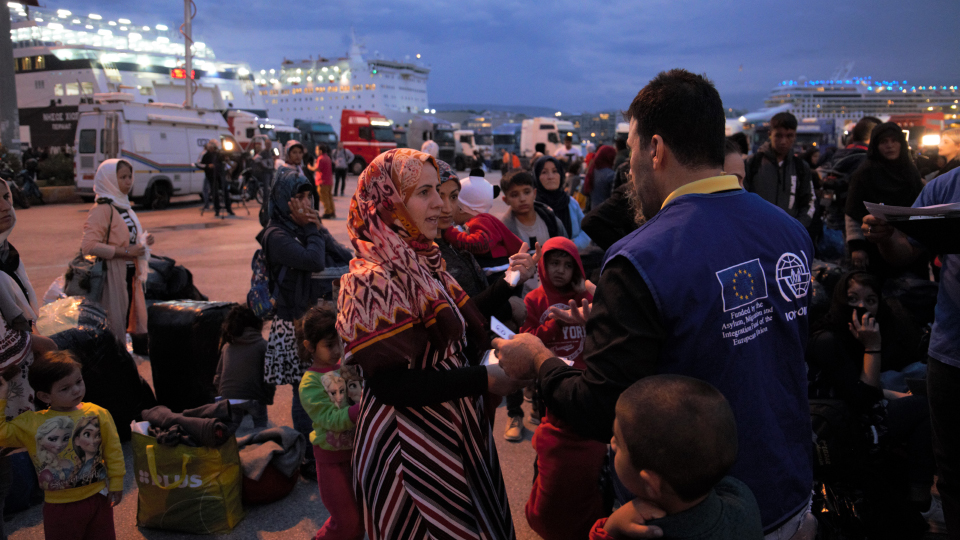Policy and the impact on people’s lives
After the Turkish government’s decision to no longer respect the agreements with the European Union, which are in the process of economic renegotiation, while there is pressure from the military situation in Syria on Turkey, the situation on the Greek islands is turning to the worst: the harsh confrontation between a part of the local population and political actors on the side against migrants in Greece on the one hand and political tensions with Turkey on the other, are putting migrants in a very dangerous situation.
The situation, however, had been collapsing for a long time. A report by Refugees International, published in recent days, had clearly outlined how to proceed towards a collapse.
In September 2019, more than 10,000 mostly Afghan and Syrian refugees arrived in Greece, the highest monthly level since 2016. Now, more than 36,000 asylum seekers are crammed into five sites built for a maximum of 5,400, according to the UN’s refugee agency, UNHCR. The sites are on the islands of Chios, Kos, Leros, Lesvos, and Samos.
The team of researchers from Refugees International visited camps on Lesvos, Samos, and Chios in December 2019 to investigate the impact of overcrowding on the safety of vulnerable women and unaccompanied children. Report author Devon Cone – senior advocate for women and girls at Refugees International – told that “women and girls feel completely unsafe, they are living in tents next to strangers and are scared to go to the bathroom at night.”
At the most overcrowded camps, such as Moria and the Vathy Centre on Samos, informal settlements are spilling out onto the muddy hillsides and olive groves surrounding the camps. New arrivals are making their own shelters out of wooden pallets and tarpaulin, and digging their own toilets.
Sexual and gender-based violence (SGBV) has been a high risk in these camps for several years. In 2017, UNHCR received reports from 622 SGBV survivors in camps on the islands, of which at least 28 percent had experienced SGBV after arriving in Greece.
But frustration and anxiety coupled with the dire conditions and limited security are amplifying the dangers and risks for single women and unaccompanied children, which number 1,700 on the islands, according to UNHCR.
Long delays in processing asylum claims have caused a bottleneck; 90,000 asylum cases are now pending in Greece. Many asylum seekers remain in the camps for more than a year, and conditions are rapidly deteriorating with the added pressure of the new arrivals.
Up to 6,000 people will be relocated to new centres on the islands, which will have facilities for identification, relocation, and deportation, while 20,000 others are to be transferred to the mainland. In January, the government overhauled its asylum system to speed up decisions, with the aim of returning 10,000 rejected asylum seekers by the end of the year.
Only coordinated and immediate action by European countries can stem the drift in relations between Greece and Turkey, which in turn are called to a sense of responsibility in the face of people’s lives.
At the same time, however, it is really time to go beyond the Dublin agreements and focus on the Global Compact to manage migration flows in a legal, shared and secure way.
Link: REPORT
by Christian Elia

